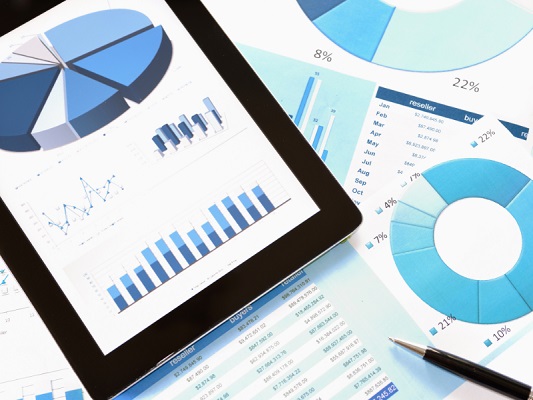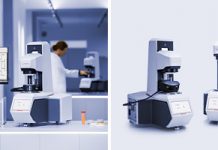The number of business data points available to today’s CIO is staggering, but it’s not always clear what to do with that information. This is where ERP comes in: ERP systems provide a way to make sense of your data. They can help you take advantage of opportunities by making better decisions and improving processes, while also mitigating risk by tracking everything from inventory levels to customer satisfaction scores.
A well-designed ERP system makes it easy for your team members to collaborate on projects while still maintaining control over the information they need at any given time. Read on as we explain how an ERP solution can increase productivity in your organization as well as equip you for digital transformation!
Data is everywhere.
Data is everywhere, and it’s growing exponentially–and that’s a good thing for your business.
Data is becoming more valuable every day as businesses look to leverage data assets to gain competitive advantage and increase revenue. Data is the new oil; it has helped drive innovation and progress across industries like healthcare, manufacturing, retailing and more. It’s no longer just about how much information we have; it’s also about how well we can use it to make informed decisions on where to focus our efforts moving forward.
Your business data is getting more valuable every day.
Your business data is getting more valuable every day.
Data is everywhere, and it’s only getting more accessible, complex, and important. Your ability to harness its power will determine your ability to compete in the marketplace.
Data is the currency of the modern age; it’s also one of its most powerful tools for creating competitive advantage. Yet many companies fail to make use of their data because they don’t know how or don’t have time for this task–or both! We believe that ERP (Enterprise Resource Planning) systems can help businesses improve their performance by making better use of information about customers, suppliers and products that resides within those systems’ databases–and we’ve seen first-hand how effective they can be when deployed properly at scale across an entire organization.
ERP can help your data make sense.
The ERP system can help you understand what is happening in your business. The system will track and analyse all of the data that flows through your company, allowing you to see where it comes from and where it goes. It will show how much time is spent on activities, who’s doing what and why they’re doing it. ERP gives managers a better understanding of their company’s performance, which helps them make decisions that lead to improved operations and greater profits.
ERP also helps managers improve forecasting accuracy by providing them with valuable insight into past events so they can predict future outcomes more accurately than ever before!
The benefits of digital transformation are real.
The benefits of digital transformation are real. The business case for digital transformation is compelling. Digital transformation is not a one-time project, but rather a journey, not a destination. It requires you to have a focus on the customer experience to create value for them every step of the way–from their first engagement with your brand all the way through their lifetime with it.
The best way to start this journey? By getting clear on who your customers are and what they want from you in terms of products and services (and then delivering it).
Making the most of your business data requires a system that goes beyond traditional finance and accounting functions.
While ERP systems have traditionally been used for financial and operational management, they can also be used to help your business make sense of the vast amounts of data that are available. The benefits of digital transformation are real–and they’re only going to grow over time.
The more you know about how your business operates, the better equipped you’ll be when it comes time to make decisions or act. With an ERP system at your disposal, there’s no limit on what kinds of information can be collected and analysed to help improve efficiency and performance across all areas related to customer service (including call centre operations), supply chain management (including inventory tracking), human resources (including payroll processing), marketing campaigns…the list goes on!
With ERP, you can get more from your business data. ERP is a powerful tool that can help you make decisions in real time, so you can stay ahead of the competition and grow faster than ever before.










